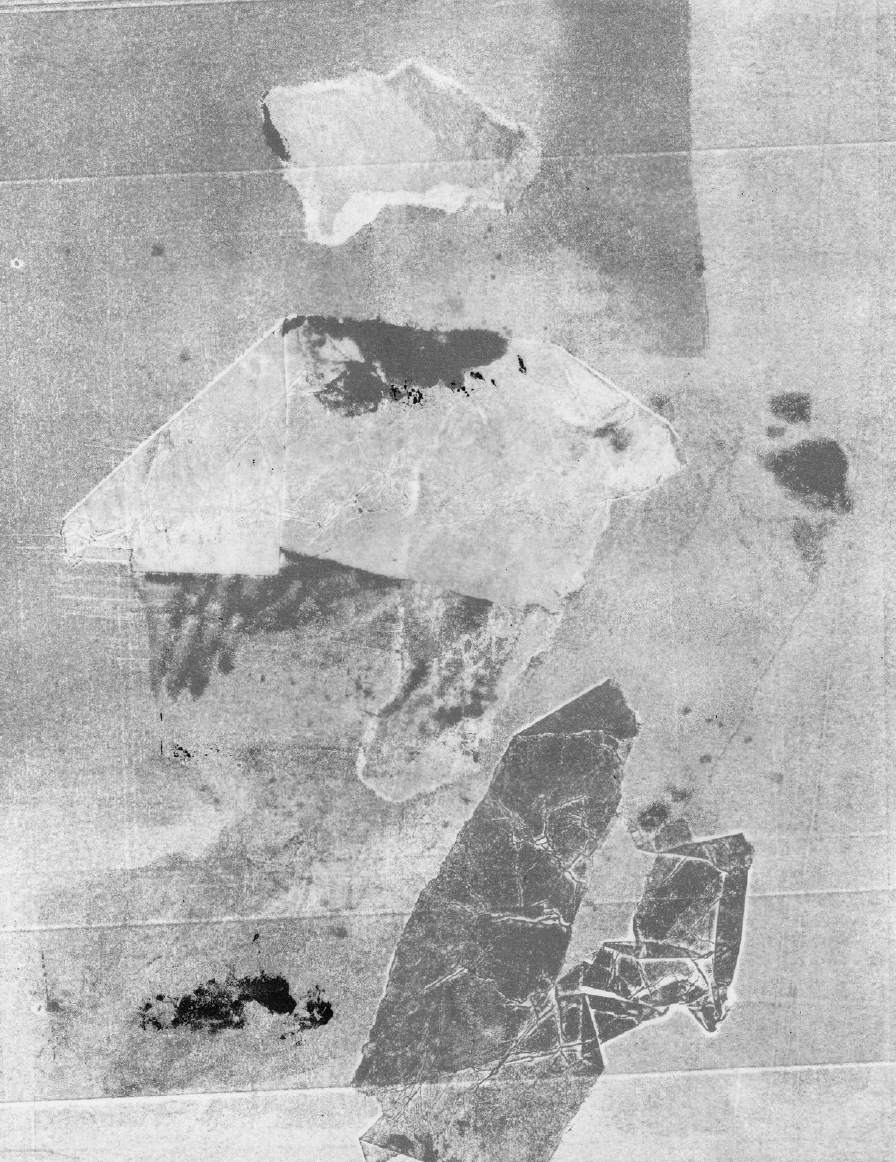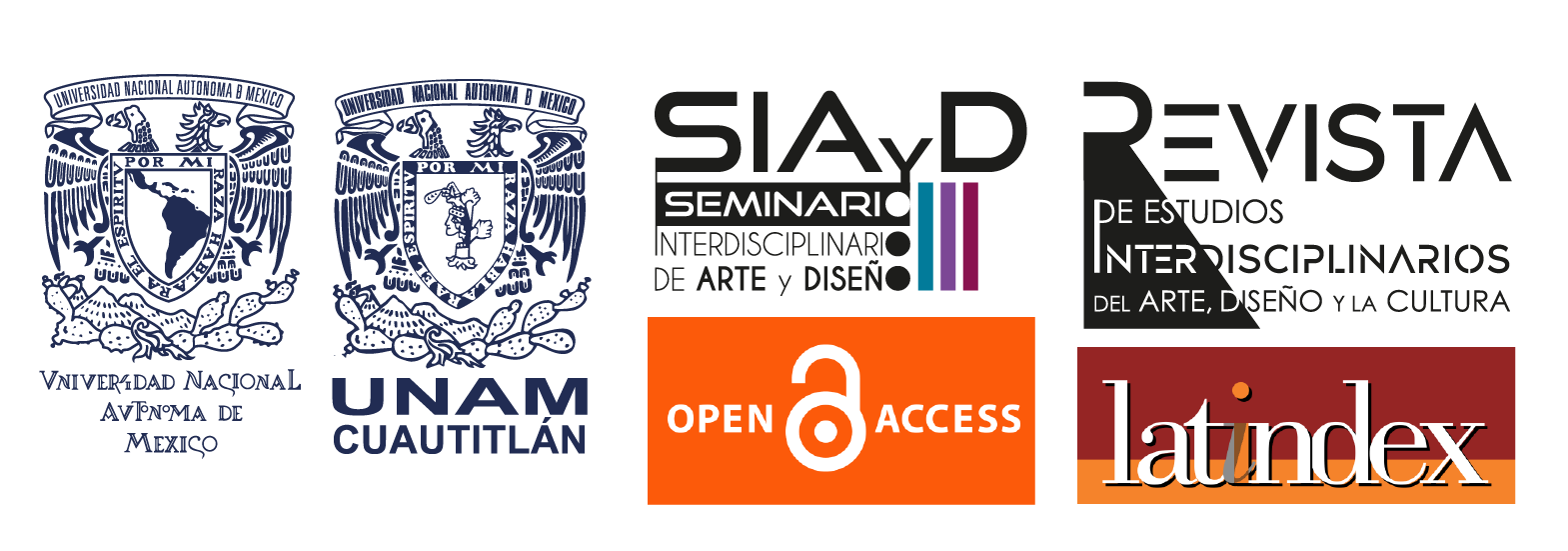Deconstrucción, significación y prospectiva del proceso de diseño de software para la sustentabilidad
Deconstruction, significance and prospective of the software design process for sustainability
Palabras clave:
Diseño, Software, Emisiones digitales, Ética digital, SustentabilidadResumen
Dentro del abanico de las tecnologías digitales existe una relación de interdependencia entre hardware y software. Mientras las implicaciones ambientales de la contaminación emitida desde dispositivos físicos son tangibles, el software es un activo abstracto contaminante relacionado intrínsecamente.
El objetivo de esta investigación es desarrollar una deconstrucción y significación del proceso de diseño de software, enfocado en su impacto dentro de la esfera social, así como sus implicaciones energéticas y ambientales desde cuatro ejes: políticas ambientales, inclusión, diversidad y accesibilidad.
La investigación de carácter teórico - hermenéutico facilitó una prospectiva que transforma el proceso de diseño tradicional, analizando cuatro casos de estudio que comprenden plataformas de streaming (emisión de vídeo en vivo) al explorar las implicaciones desde su conceptualización. Se propone una clasificación taxonómica desde un enfoque holístico, así como un listado de filosofías de diseño que pueden implementarse durante el proceso de diseño como una reflexión que contribuya desde etapas primigenias de diseño.
Se concluye que la crisis ambiental; en el contexto de la era digital, implica la necesidad de determinar pautas para la creación de tecnologías optimizadas desde nuevos paradigmas éticos. No es posible limitar a los usuarios, el éxito implica actitud, política, prácticas, tecnología y gobernanza a partir de la predicción de consecuencias no deseadas, aspectos normativos y juicios de valor ayuden a organizaciones, corporaciones, y comunidad investigadora a comprender las implicaciones ambientales derivadas de sus transiciones digitales, en búsqueda de un nuevo paradigma para el proceso de diseño de un software para la sustentabilidad.
Palabras clave: Diseño, Software, Emisiones Digitales, Ética digital, Sustentabilidad.
Abstract
Within the range of digital technologies there is an interdependent relationship between hardware and software. While the environmental implications of pollution emitted from physical devices are tangible, software is an intrinsically related polluting abstract asset.
The objective of this research is to develop a deconstruction and significance of the software design process, focused on its impact within the social sphere, as well as its energy and environmental implications from four axes: environmental policies, inclusion, diversity and accessibility. The theoretical - hermeneutical research facilitated a prospective that transforms the traditional design process, analyzing four case studies that include streaming platforms (live video broadcast) by exploring the implications from their conceptualization. A taxonomic classification is proposed from a holistic approach, as well as a list of design philosophies that can be implemented during the design process as a reflection that contributes from the earliest stages of design.
It is concluded that the environmental crisis; In the context of the digital era, it implies the need to determine guidelines for the creation of optimized technologies from new ethical paradigms. It is not possible to limit users, success implies attitude, policy, practices, technology and governance based on the prediction of undesired consequences, regulatory aspects and value judgments will help organizations, corporations, and the research community to understand the environmental implications. . derived from their digital transitions, in search of a new paradigm for the software design process for sustainability.
Keywords: Design, Software, Digital Broadcasts, Digital Ethics, Sustainability.
Descargas
Citas
Andrae, A. S. (2019). Prediction Studies of Electricity Use of Global Computing in 2030. International Journal of Science and Enginneering Investigations, 1-8. https://doi.org/ISSN: 2251-8843
Andrae, S. G., & Edler, T. (2015). On Global Electricity Usage of Communication Technology: Trends to 2030. Challenges 2015, 117-157. https://doi.org/https://doi.org/10.3390/challe6010117
Batmunkh, A. (2022). Carbon Footprint of The Most Popular Social Media Platforms. Sustainability, 4(14), 1-10. https://doi.org/ https://doi.org/10.3390/su14042195
Disney. (01 de 03 de 2023). Disney.com. https://impact.disney.com/environment/environmental-sustainability/
Disney. (01 de 03 de 2023). Disney.com. https://impact.disney.com/diversity-inclusion/
Disney+. (01 de 03 de 2023). Disneyplus.com. https://help.disneyplus.com/csp?id=csp_article_content&sys_kb_id=189700bfdbbf74586643eb2ed396192b
Ferreboeuf, H., Efoui-Hess, M., & Zeynep, K. (2019). Lean ICT - Towards digital sobriety. Paris .
HBO Max. (01 de 03 de 2023). H bomax.com. https://help.hbomax.com/uy-es/Answer/Detail/000001154#:~:text=Empieza%20a%20ver%20un%20programa,de%20los%20controles%20de%20reproducci%C3%B3n.
Heijungs, R., Hupper, G., & Guinée, J. B. (2010). Life cycle assessment and sustainability analysis of products, materials and technologies. Toward a scientific framework for sustainability life cycle analysis. Polymer Degradation and Stability, 95(3), 422-428. https://doi.org/https://doi.org/10.1016/j.polymdegradstab.2009.11.010
Kallis, G., Demaria, F., & D’Alisa, G. (2015). International encyclopedia of the social & behavioral sciences. Amsterdam: Elsevier.
Liu, R., Gailholfer, P., Gensch, C.-O., & Köler, A. (2019). Impacts of the digital transformation on the enviroment and sustainability. Berlin: Öko-institut.
Malajner, M. (2018). Ecodiseño de dispositivos electrónicos. Union Europea: ECOSIGN.
Miller, R. (24 de 05 de 2017). Data Center Frontier. https://datacenterfrontier.com/autonomous-cars-could-drive-a-deluge-of-data-center-demand
Molina, R. J., Zea, O. P., & Honores, T. J. (2017). Paradigma Orientado a Objetos con UML: Ingeniería de Software. Editorial Académica Española.
Netflix. (01 de 03 de 2023). Netflix.com. https://about.netflix.com/es/sustainability
Netflix. (01 de 03 de 2023). Netflix.com. https://about.netflix.com/es/inclusion
Netflix. (01 de 03 de 2023). Netflix.com. https://help.netflix.com/es/node/114863
Nielsen, J., & Mack, R. L. (1994). Usability Inspection Methods. New York: John Wiley & Sons.
Norman, A. D. (2005). Emotional Design: Why We Love (or Hate) Everyday Things (Vol. 1). Basic Books.
Obringer, R., Rachunok, B., Maia-Silva, D., Arbabzadeh, M., Nateghi, R., & Madani, K. (2021). The overlooked environmental footprint of increasing Internet use. Resources, Conservation & Recycling, 1-4. https://doi.org/https://doi.org/10.1016/j.resconrec.2020.105389
Pressman, R. S. (2010). Ingeniería del Software. Un enfoque práctico. México: Mc Graw Hill. https://doi.org/978-607-15-0314-5
Provost, F., & Fawcett, T. (2013). Data Science for Business. O’Reilly Media, Inc.
Star+. (01 de 03 de 2024). Starplus.com. https://help.starplus.com/starplus_hc?id=starplus_article_content&sys_kb_id=801a5e79db927054e0d42b35ca9619e5
We Are Social. (01 de 01 de 2018). Global Digital Overview. https://datareportal.com/reports/digital-2018-global-digital-overview
We Are Social. (01 de 01 de 2022). We Are Social. https://wearesocial.com/es/blog/2022/01/digital-2022/

Descargas
Publicado
Cómo citar
Número
Sección
Licencia

Esta obra está bajo una licencia internacional Creative Commons Atribución-NoComercial-SinDerivadas 4.0.
Revista de Estudios Interdisciplinarios del Arte, Diseño y la Cultura es una publicación cuatrimestral editada por la Universidad Nacional Autónoma de México, Ciudad Universitaria, Alcaldía Coyoacán, C.P. 04510, Ciudad de México, a través de la Facultad de Estudios Superiores Cuautitlán, ubicada en km. 2.5 carretera Cuautitlán Teoloyucan, San Sebastián Xhala, Cuautitlán Izcalli, Estado de México. C.P. 54714. Tel. 5558173478 ext.1021 https://masam.cuautitlan.unam.mx/seminarioarteydiseno/revista/index.php, seminario.arteydiseno@gmail.com. Editora responsable: Dra. Alma Elisa Delgado Coellar. Certificado de Reserva de Derechos al Uso Exclusivo número 04-2022-031613532400-102; ISSN 2992-7552, ambos otorgados por el Instituto Nacional del Derecho de Autor. Responsable de la última actualización de este número a cargo de la Dra. Alma Elisa Delgado Coellar, Facultad de Estudios Superiores Cuautitlán, carretera Cuautitlán-Teoloyucan Km 2.5, San Sebastián Xhala, Cuautitlán Izcalli, C.P. 54714, Estado de México.
El contenido de los artículos es responsabilidad de los autores y no refleja necesariamente el punto de vista de los árbitros ni del Editor o de la UNAM.
Se autoriza la reproducción total o parcial de los textos no así de las imágenes aquí publicados, siempre y cuando se cite la fuente completa y la dirección electrónica de la publicación.





